Sale of SK Oceanplant Clears Second-Largest Shareholder’s Objection, Former STX Chairman Kang Duk-soo Emerges as New Owner
Input
Changed
Sold just four years after acquisition in 2021
Prolonged talks amid opposition from second-largest shareholder
Market outlook uncertain as profitability concerns linger
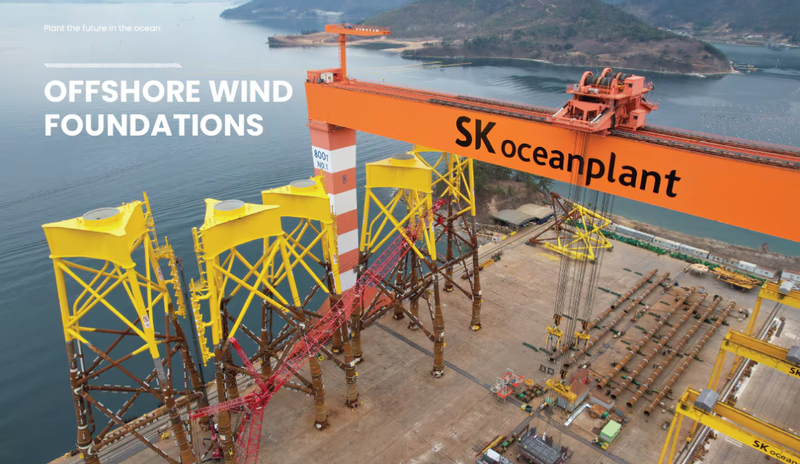
SK Ecoplant has taken a decisive step toward selling its subsidiary Oceanplant, naming a preferred bidder after a long-stalled process. The deal had been delayed by resistance from the founding family, the second-largest shareholder, which opposed a low-price sale. With differences now bridged, the process is moving forward. The preferred bidder is The Ocean Asset Management, an investment firm established by Kang Duk-soo, former chairman of STX Group, signaling Kang’s return to the business stage after years in retirement.
Volatile industry, uneven earnings
SK Oceanplant announced on September 2 that it had selected The Ocean consortium as the preferred bidder for the 37.6% stake held by SK Ecoplant, a deal valued at around USD 320 million. This marks a change of ownership only four years after Oceanplant was folded into SK Group in 2021.
Founded in 1996 as Samkang M&T, SK Oceanplant specializes in offshore wind and marine engineering. Its portfolio ranges from offshore wind substructures to specialty shipbuilding, steel pipe manufacturing, and vessel repair. Yet the business has always been vulnerable to cyclical volatility. In 2023, the company reported sales of USD 665 million and operating profit of USD 54 million, but last year both dropped sharply to USD 475 million and USD 30 million, respectively.
The Ocean Asset Management, the selected bidder, is a private equity firm founded last year by Kang Duk-soo, marking his de facto return. STX grew rapidly in the early 2000s through aggressive M&A but unraveled in the wake of the global financial crisis and structural issues. Kang later faced charges of accounting fraud and breach of trust but has returned to investing after restrictions on his business activities were lifted.
Industry observers say the sale reflects SK Group’s broader restructuring. Initially brought in to strengthen its ESG and renewable portfolio, Oceanplant ultimately became a “burden asset,” making divestment inevitable. The Ocean’s acquisition, meanwhile, provides Kang with a springboard for his business comeback. “For SK, the deal secures much-needed liquidity, while for The Ocean, it marks Kang’s return to management. His success will hinge on whether he can normalize operations,” one banker noted.
Second-largest shareholder with 20% stake: “No reason to rush”
The deal took longer than expected largely because of resistance from the founding family, which still holds 20.73% of shares. While SK Ecoplant became the largest shareholder with 37.6%, former Samkang M&T CEO Song Moo-seok and his brother, Samkang Metal chairman Song Jung-seok, retained a significant stake.
Complicating matters, there were no protections such as drag-along or tag-along rights. Without consent from the second-largest shareholder, SK could only sell its 37.6% stake separately, making it difficult to attach a control premium. SK pushed for a bundled sale, but negotiations remained deadlocked for an extended period.
SK initially sought about USD 360 million, reflecting the 37% stake in a company valued at roughly USD 790 million plus a 20% control premium. But the founding family refused, arguing they had already cashed out significantly when selling control in 2021 and were under no pressure to sell further. Market watchers agreed SK Ecoplant was the more motivated seller, facing pressure to raise funds.
With the stalemate dragging on, SK faced increasing internal pressure. Preparing for an IPO, it needed to shore up its balance sheet. While it moved to sell environmental affiliates Renewon and Renewus, failure to dispose of Oceanplant risked undermining valuation clarity. Analysts say the drawn-out talks highlight governance challenges within SK Group and will serve as a case study in future deals. One market insider noted, “SK is clearly shifting focus to semiconductors and renewables. Resolving this conflict with the founder family sets a precedent for how the group may restructure going forward.”
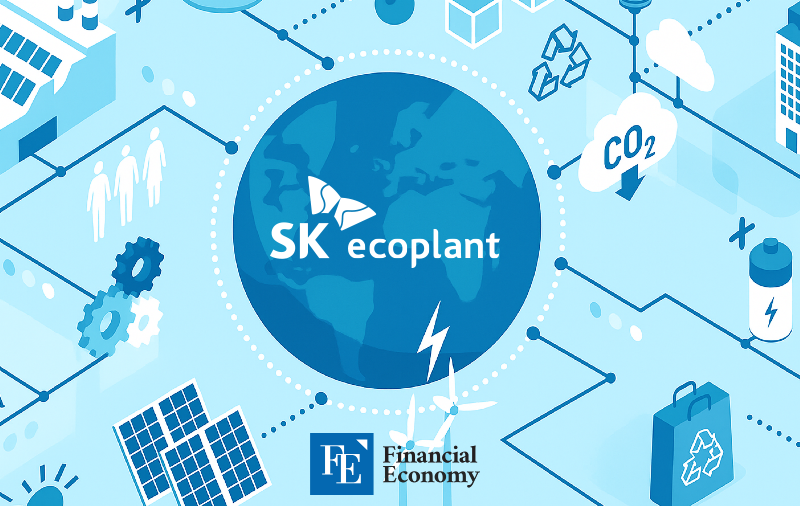
Weak orders keep market outlook cloudy
For SK Ecoplant, Oceanplant has proven a disappointing investment. More than USD 288 million was poured in via equity and convertible bonds, but net profits barely exceeded the purchase price. Net profit fell from USD 41 million in 2023 to just USD 12 million last year, down over 70%, making meaningful returns unlikely. With no domestic sales and uncertain prospects abroad, offshore wind was inevitably marked for divestment during SK’s portfolio reshuffle.
Attention now shifts to Kang Duk-soo’s plans. Once known for bold expansions in shipbuilding, shipping, and energy before the financial crisis, Kang now reenters the field through this acquisition. Industry voices suggest he could leverage past restructuring experience to reposition Oceanplant’s offshore wind and shipbuilding assets or pursue new synergies. Given his history, observers expect him to explore international projects that go beyond a purely financial play.
Still, the offshore wind market remains sluggish. Global economic slowdown, supply chain disruptions, and raw material volatility continue to weigh on new orders. Experts caution that while the sale reflects both SK’s drive for financial stability and Kang’s bold gamble, the underlying business uncertainty persists. Whether Oceanplant becomes a burden once again or a springboard for revival will depend on market recovery and Kang’s management strategy.


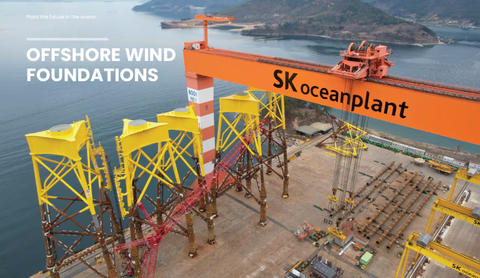
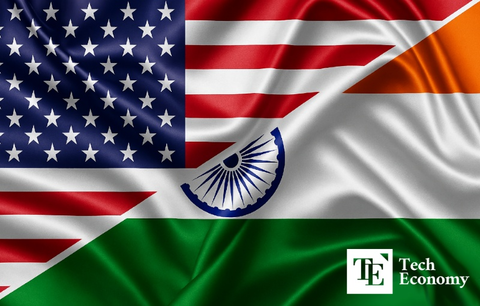
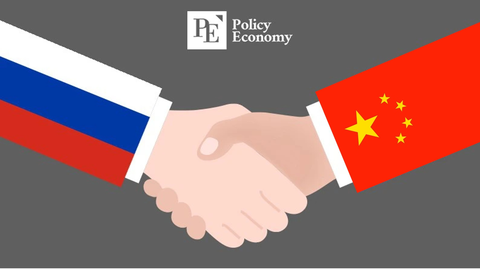
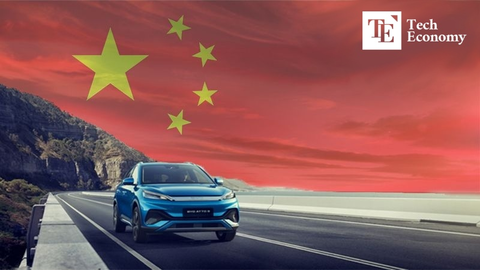
















Comment